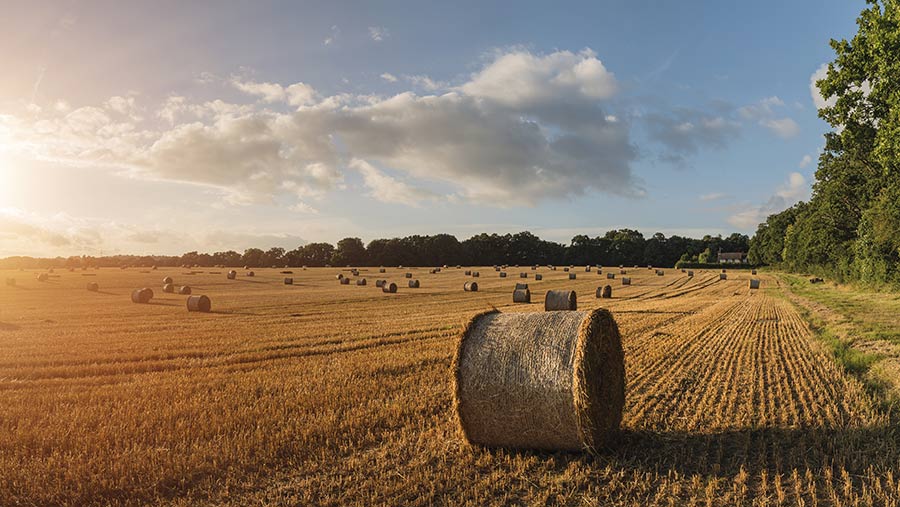Farmers in England set to receive advance 50% BPS payments
 © Veneratio/Adobe Stock
© Veneratio/Adobe Stock Farmers and land managers in England who submitted 2023 basic payment claims will soon start to receive the first instalment of their money.
The Rural Payments Agency (RPA) will pay farmers with eligible Basic Payment Scheme (BPS) applications in two instalments this year.
An advance payment of around 50% of the claim value will be paid from 1 August – and the second, balance payment from 1 December.
See also: Tips to survive and thrive amid falling BPS payments
The NFU expects the agency to issue most advance BPS payments over a tighter period in August compared with last year.
The union has urged all eligible applicants to ensure their bank details are updated to avoid any delays to payment.
It has also warned members to stay vigilant of fraudsters, especially cold callers, who have targeted farmers receiving support payments.
All claims will be reduced in value again this year as part of Defra’s agricultural transition and phased withdrawal of the BPS.
This year’s reduction will be 35% on BPS payments up to £30,000, 40% between £30,000 and £50,000, 50% between £50,000 and £150,000 and 55% for payments over £150,000.
Delinked payments will apply from 2024 and will be calculated based on an average of a farmer’s BPS receipts in 2020, 2021 and 2022. After 2027, BPS payments will stop completely.
In Wales, farmers will receive advance BPS payments in October.
A Welsh government spokesperson said: “As in previous years BPS advance payments at 70% of claim value will be made from mid-October. Balance payments will commence from 15 December. The BPS budget for 2023 remains the same as last year.”
In Scotland, the Scottish government plans to make 2023 BPS and Greening advance payments in September, with the balance paid in December. Progress towards this is on track, said a spokesperson.
In Northern Ireland, Daera said full BPS payments will commence on 01 September.
